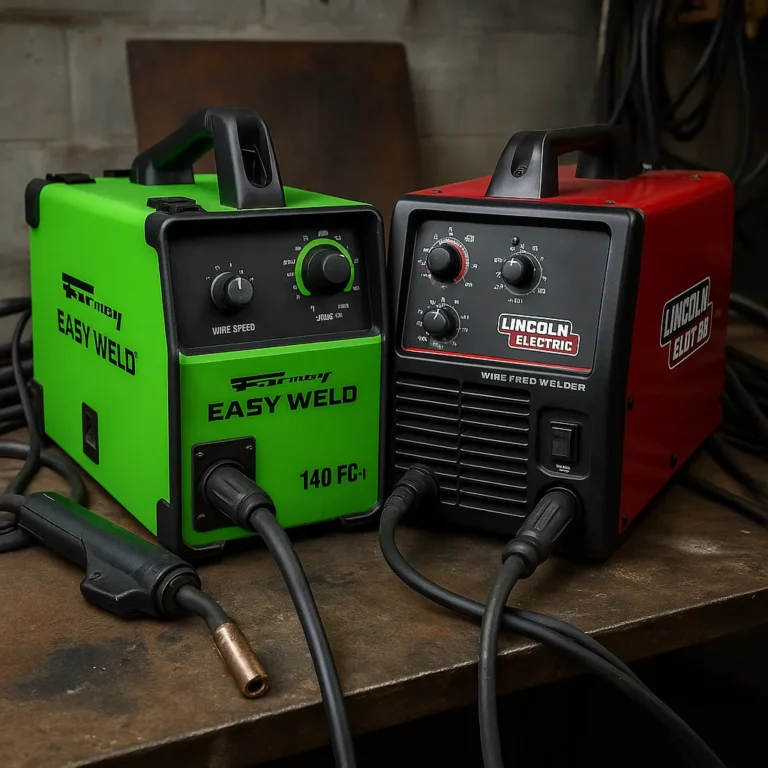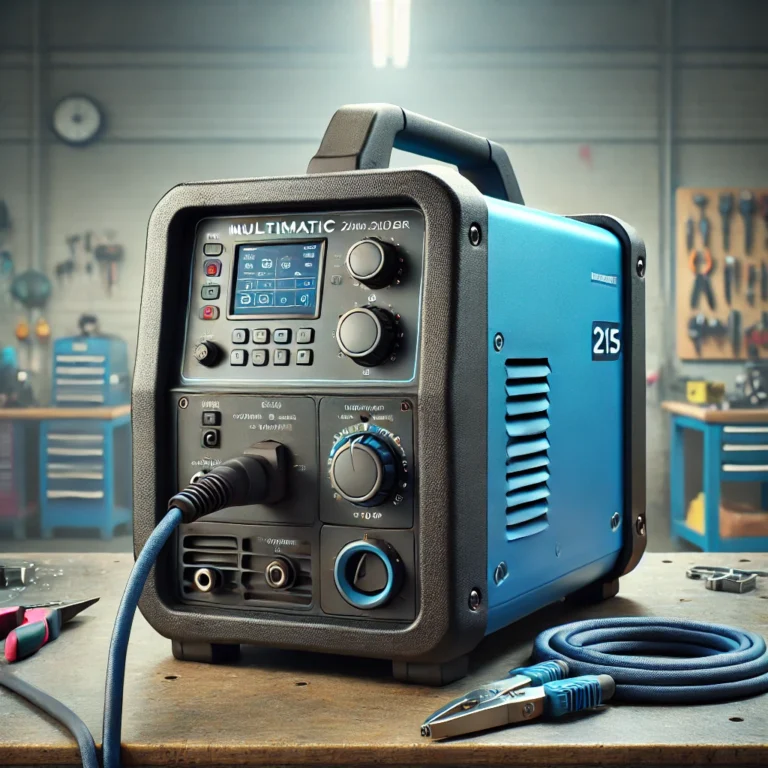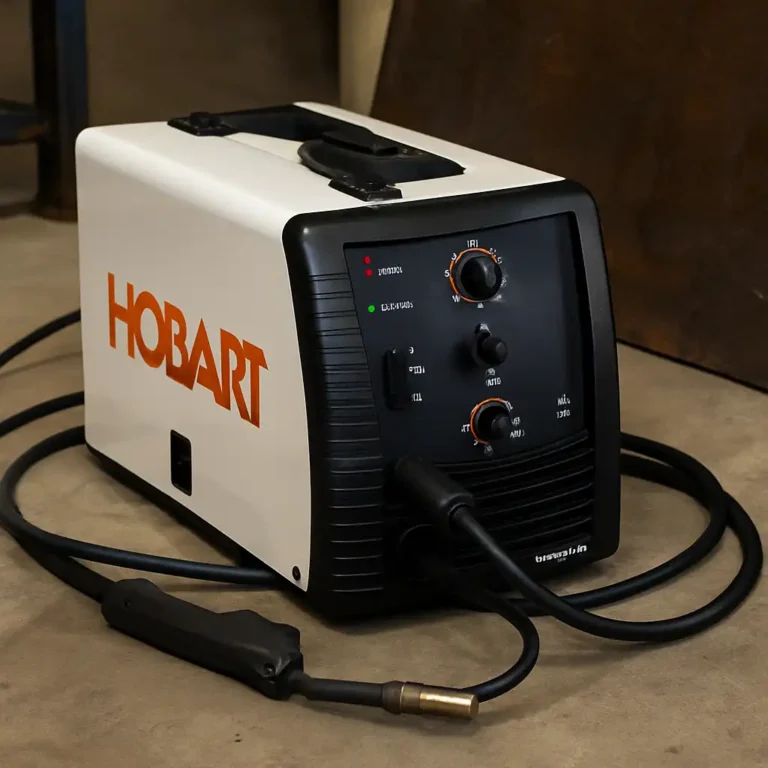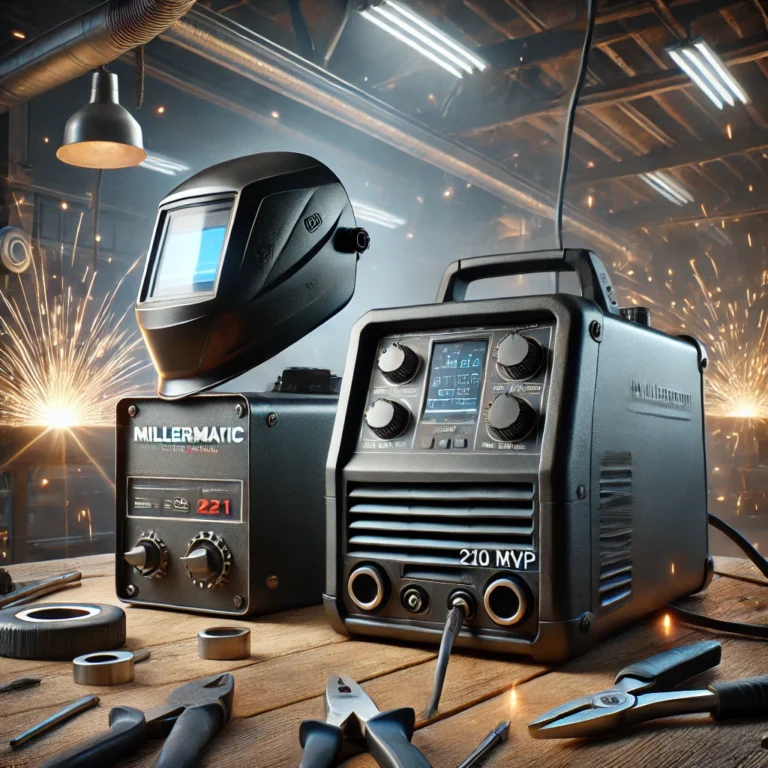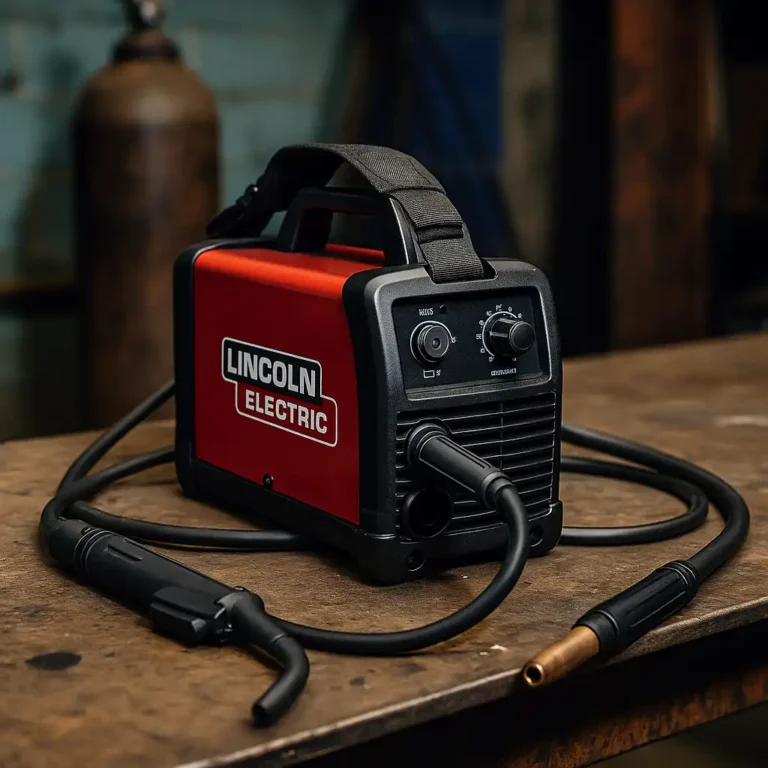Lincoln 210 MP Review: A Versatile Welding Powerhouse
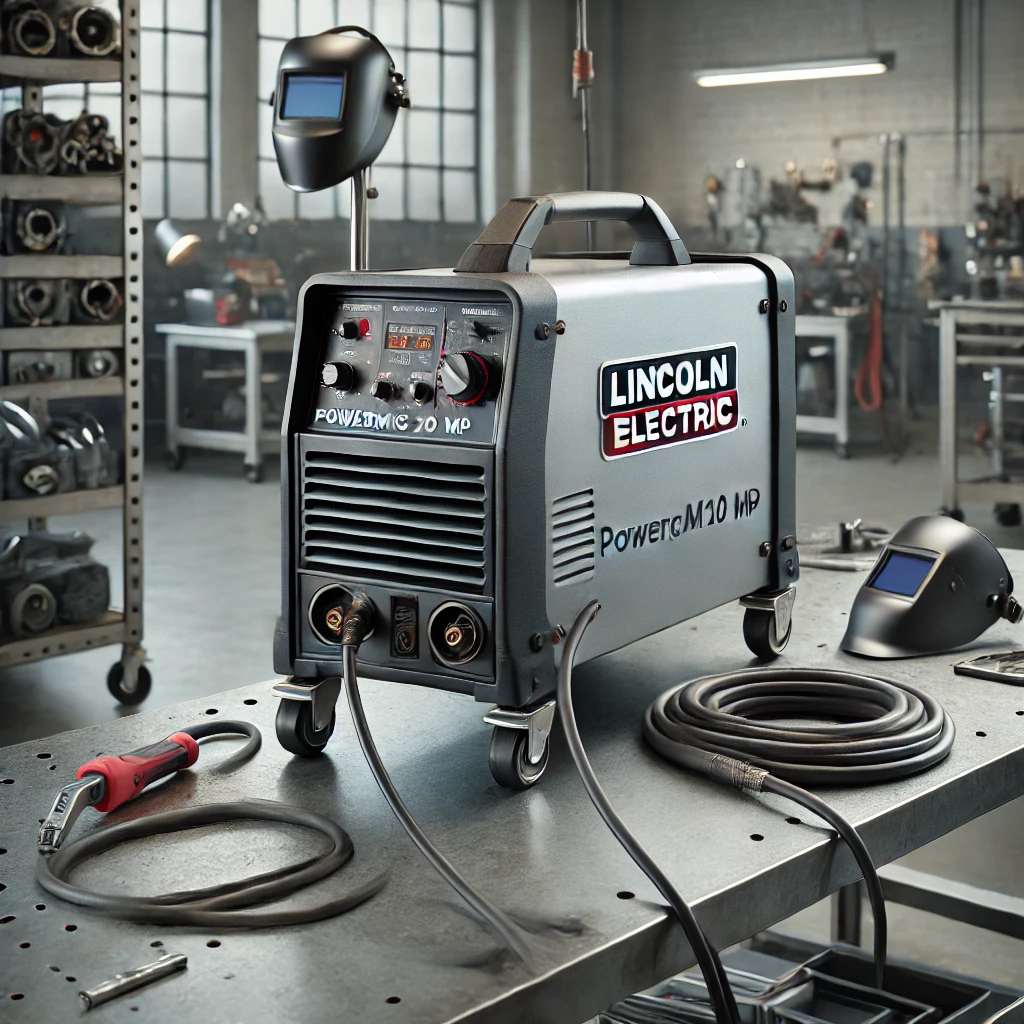
Disclosure: This post contains affiliate links. As an Amazon Associate, I earn from qualifying purchases—at no extra cost to you.
Choosing the right welder can feel overwhelming, especially when you need a machine that balances power, versatility, and ease of use. The Lincoln 210 MP has earned a solid reputation among both beginners and experienced welders — but is it the right fit for you? Let’s break down what this welder has to offer.
Key Features of the Lincoln 210 MP
The Lincoln 210 MP (Multi-Process) is designed to handle multiple welding techniques, making it an excellent choice for those who need flexibility. Here’s what makes it stand out:
Compact Yet Powerful Design
The Lincoln 210 MP is surprisingly lightweight for its capabilities. Weighing just 40 lbs, it’s easy to transport, making it ideal for fieldwork, workshops, or home projects. Despite its compact size, it offers an impressive 210 amps of power, allowing you to tackle various materials and thicknesses.
Multi-Process Versatility
This machine supports MIG, TIG, Stick, and even Flux-Cored welding, giving you the flexibility to switch between processes without needing multiple machines. Whether you’re fabricating metal frames, performing auto repairs, or tackling DIY projects, the Lincoln 210 MP adapts to your needs.
User-Friendly Interface
One of the standout features is its large color display with intuitive controls. Clear on-screen instructions simplify the setup process, making it accessible even for beginners. You can easily adjust settings, wire speed, and voltage with minimal effort.
Dual Voltage Capability
With 120V and 230V compatibility, this welder can be used in various settings — from household power outlets to high-powered industrial environments.
Durability and Build Quality
Lincoln Electric is known for producing rugged, reliable machines, and the 210 MP is no exception. Built with durable metal casing, it’s designed to withstand tough job site conditions.
Pros and Cons of the Lincoln 210 MP
Pros
- Lightweight and portable for easy mobility
- Supports multiple welding processes in one unit
- Intuitive color screen for easy setup
- Excellent arc stability and control
- Suitable for both professionals and hobbyists
Cons
- TIG welding requires an additional foot pedal and accessories
- Limited to DC output only for TIG (not suitable for aluminum TIG welding)
- Higher price point compared to some entry-level welders
Who Is the Lincoln 210 MP Best For?
The Lincoln 210 MP is perfect for welders who need versatility without sacrificing performance. Whether you’re a seasoned pro or just starting, its user-friendly interface makes it an accessible choice. It’s particularly ideal for:
- Automotive repair enthusiasts
- DIY hobbyists
- Professional welders seeking a portable yet powerful machine
Conclusion
The Lincoln 210 MP strikes an impressive balance between power, versatility, and ease of use. Its multi-process capabilities, combined with its user-friendly interface, make it a top contender for anyone looking to invest in a reliable welding machine. While the upfront cost is higher than some alternatives, its long-term performance and flexibility make it a smart investment for those serious about welding.
Related Articles You Might Find Helpful
If you’re exploring similar welding machines or tips, these articles may help:
- Best 200 Amp Welding Machines
- Hobart Handler 190 vs. Lincoln 180
- Best Multi-Process Welders for Beginners
- How to Choose the Right Welding Machine for Your Needs
If you’re ready to experience professional-grade performance, the Lincoln 210 MP is well worth your consideration.

